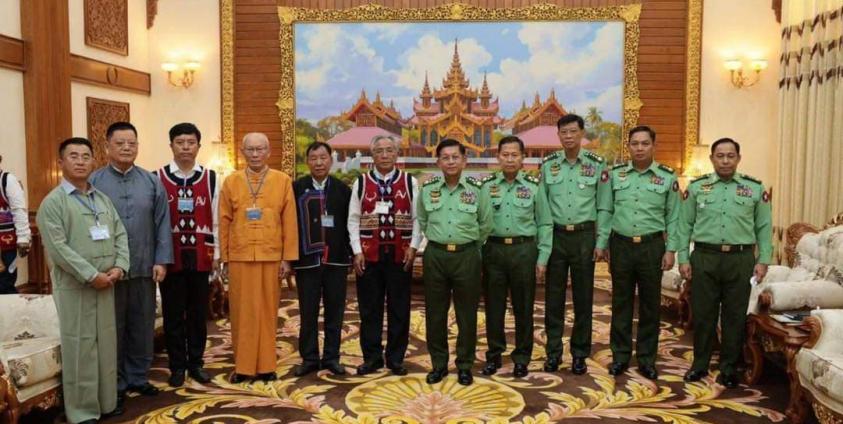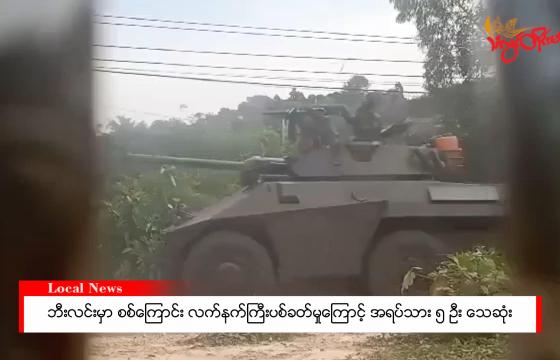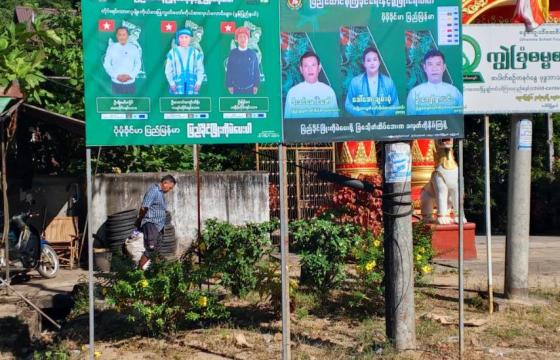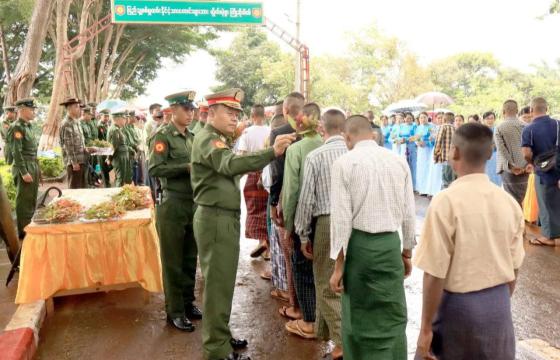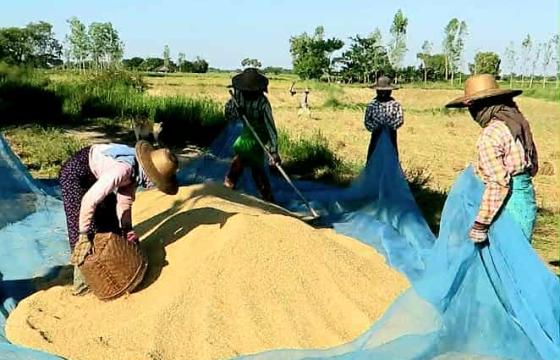The military council's agreement in principle to recognize the "Wa State" and the "Mong La Autonomous Region" is questionable in terms of legitimacy, and political analysts have criticized it as driving a wedge among ethnic groups.
On September 26, representatives of the United Wa State Party (UWSP), the National Democratic Alliance Army (NDAA/Mong La) and the Shan State Progress Party (SSPP) met with junta chief Min Aung Hlaing as part of the second peace talks.
Major General Zaw Min Tun told the BBC Burmese that they agreed in principle to define "Wa State and Mong La Autonomous Region, and that the Military Council will support it when the next Hluttaw is held.
General Secretary of the Shan National League for Democracy (SNLD) U Sai Laik commented, "In this case, it is questionable how much legitimacy is granted by the military council. Without asking the opinion of the public, we cannot say whether what they are doing is solidarity or discrimination. If they continue like this, I think they are destroying the future".
The six townships in northern Shan State—Hopan, Mangmao, Pangwaun, Na-Pang, Matman, and Panghsang—were formed into two districts and defined as the "Wa" autonomous region under the 2008 constitution.
The United Wa State Army (UWSA) is one of the most powerful ethnic armed organizations (EAOs) in Myanmar.
In addition, political analysts say that the Wa Autonomous Region has its own army, authority, and self-jurisdiction, and is superior to the seven states formed under the 2008 constitution.
U Than Soe Naing said, "No matter what the military council determines, "Wa" has a situation where it can stand independently as a state on its own and can create its own destiny. They are in a position where they can stand on their own”.
After the election, the 2008 constitution must be amended and approved by the parliamentarians to establish an official Wa State.
The 2008 constitution must also be revised in order to designate Mong La as an autonomous region. Mong La is now ranked as an Eastern Shan State Special Region (4).
However, in all three elections in 2010, 2015 and 2020, elections were not held in Mong La Special Region (4) and "Wa" Special Region (2) in Shan State.
Dr. Sai Kyi Zin Soe, a political analyst, said, "If Wa became a State according to the 2008 constitution, there is a requirement that 25 percent of the military representatives in their State Hluttaw should be there, so there will be a lot of discussion. In my opinion, there are still many limitations to establish Wa State."
In addition, the military council's agreement in principle to define a state and an autonomous region for the "Wa" and Mong La (NDAA) is considered to be an attempt to persuade them not to participate in the Spring Revolution.
Members of the FPNCC (Federal Political Negotiation and Consultative Committee) led by UWSA - UWSA, NDAA and SSPP met with some representatives of the Three Brotherhood Alliance, made up of Myanmar National Democratic Alliance Army (MNDAA-Kokang)), Arakna Army (AA) and Ta'ang National Liberation Army (TNLA) in Wa-controlled territory on September 16.

